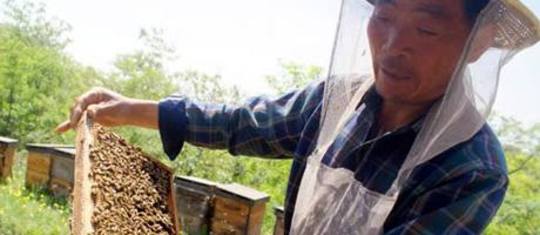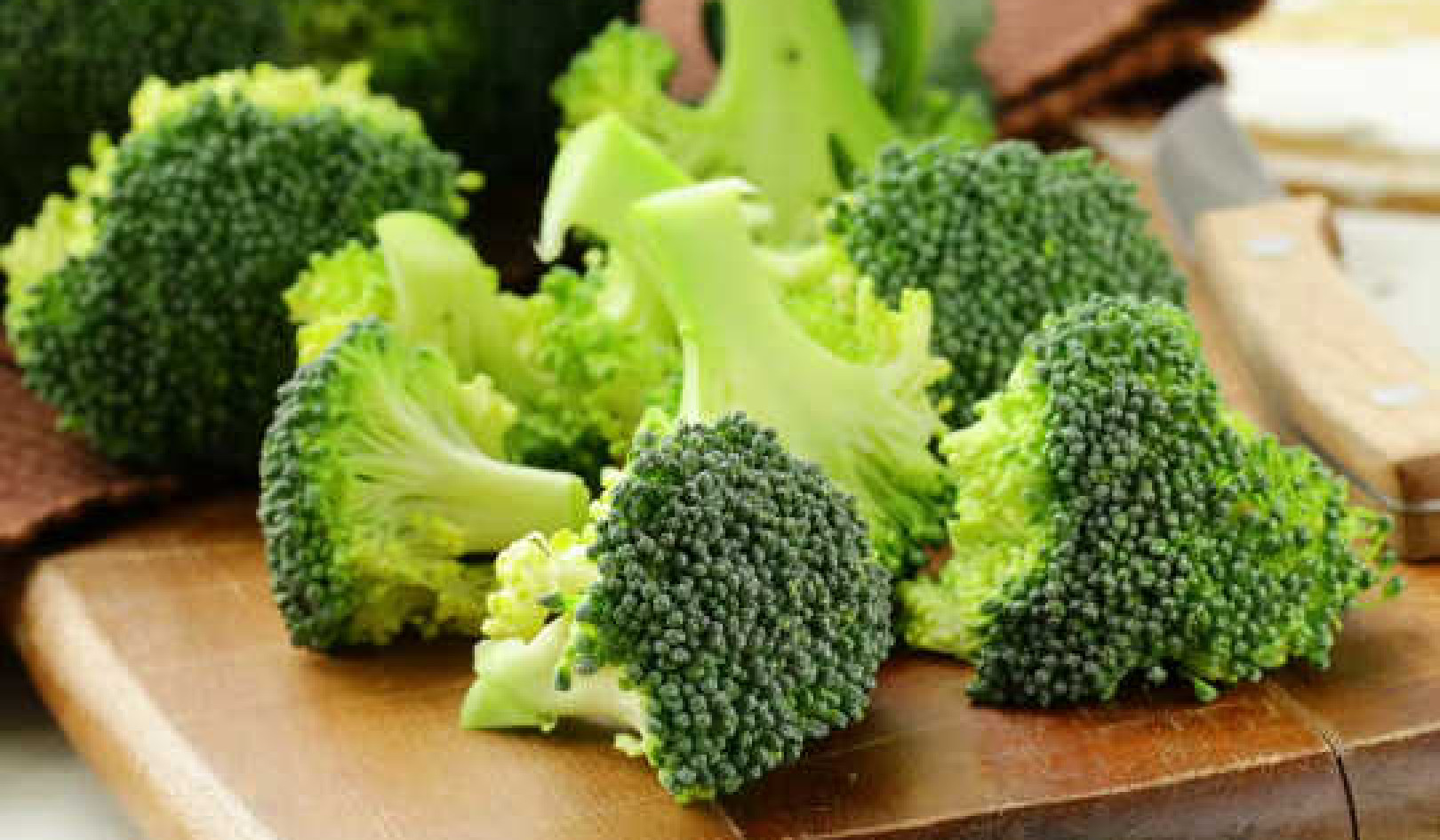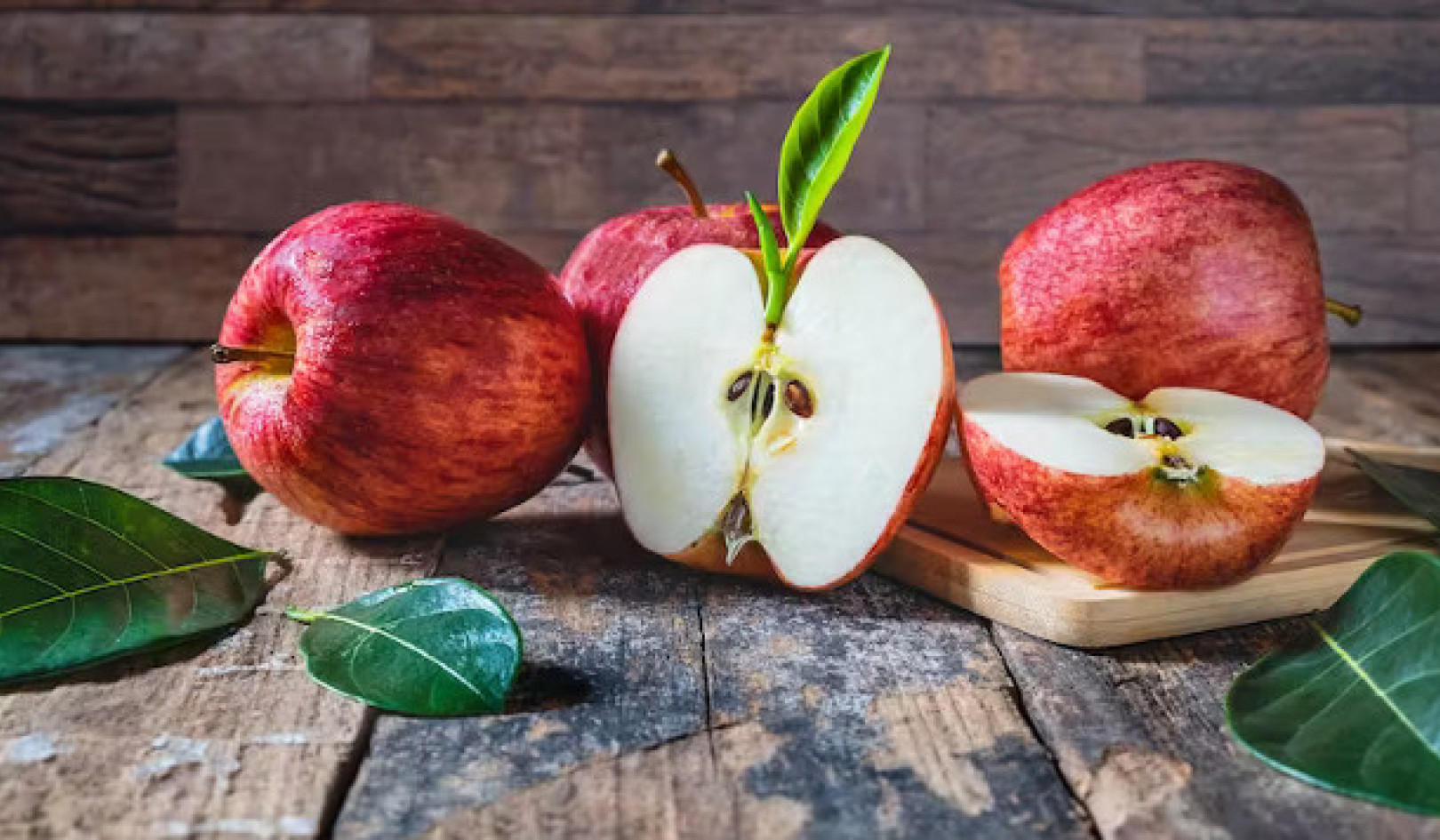
Once many grew their own food in the back yard and could control the quality, but cheap energy gave way to "exporting" California oranges to Florida, while Florida sends its oranges out of the country. The same applies to vegetables. But why do Floridians buy imported bananas? Bananas can be grown in Florida very well, but Florida "specializes" in other fruits, thus does not grow bananas.
Still we had some control on food quality when the produce was grown within the US. Now, many of our oranges are grown in Brazil or Israel, while other produce comes from Mexico or other countries. One of the problems with that scenario is that while DDT, for example, is banned in the US, it is not banned in other countries. You would think that food safety would be a top priority since most of us have to eat out of the grocery stores.
Increasingly much of our food is grown somewhere else. Have you ever tried to buy non Asian seafood in Wal-mart or Sam's Club? Maybe the buyers at Wal-mart/Sam's Club don't know that the South China Sea is among the dirtiest water in the world. Then again, the waters off parts of the Gulf coast of Florida are the dirtiest in North America. Disband the EPA you say? Defund the FDA? Fine, I am digging up the back yard!
The Clandestine Importation of Honey
The importation of honey from China is another chance to reconsider our priorities.
From Mother Jones
Ever wonder why the ongoing collapse of US honeybee populations hasn't caused a scarcity of honey or a spike in prices?
A third or more of all the honey consumed in the U.S. is likely to have been smuggled in from China and may be tainted with illegal antibiotics and heavy metals. A Food Safety News investigation has documented that millions of pounds of honey banned as unsafe in dozens of countries are being imported and sold here in record quantities.
From Food Safety News
Much of this questionable honey was officially banned beginning June 2010 by the 27 countries of the European Union and others. But on this side of the ocean, the FDA checks few of the thousands of shipments arriving through 22 American ports each year.
According to FDA data, between January and June, just 24 honey shipments were stopped from entering the country. The agency declined to say how many loads are inspected and by whom.
Budget Priorities All Wrong?
This is just another example why food safety, inspections, and regulation should be increased, not decreased as many in Washington would have us believe. We just can't afford it they say. We can't aford not to.
With today's globalization of the food supply we have a much better chance of being killed by "bad honey" than a terrorist's bullet. Yet, we spend the "rent money" on homeland security and "lunch money" on product safety.
It is clear the reason this conflict exists is because the Federal budget is more about paying back cronies and less about protecting people.
About the Author
 Robert Jennings is co-publisher of InnerSelf.com with his wife Marie T Russell. He attended the University of Florida, Southern Technical Institute, and the University of Central Florida with studies in real estate, urban development, finance, architectural engineering, and elementary education. He was a member of the US Marine Corps and The US Army having commanded a field artillery battery in Germany. He worked in real estate finance, construction and development for 25 years before starting InnerSelf.com in 1996.
Robert Jennings is co-publisher of InnerSelf.com with his wife Marie T Russell. He attended the University of Florida, Southern Technical Institute, and the University of Central Florida with studies in real estate, urban development, finance, architectural engineering, and elementary education. He was a member of the US Marine Corps and The US Army having commanded a field artillery battery in Germany. He worked in real estate finance, construction and development for 25 years before starting InnerSelf.com in 1996.
InnerSelf is dedicated to sharing information that allows people to make educated and insightful choices in their personal life, for the good of the commons, and for the well-being of the planet. InnerSelf Magazine is in its 30+year of publication in either print (1984-1995) or online as InnerSelf.com. Please support our work.
Creative Commons 4.0
This article is licensed under a Creative Commons Attribution-Share Alike 4.0 License. Attribute the author Robert Jennings, InnerSelf.com. Link back to the article This article originally appeared on InnerSelf.com
health_books



























